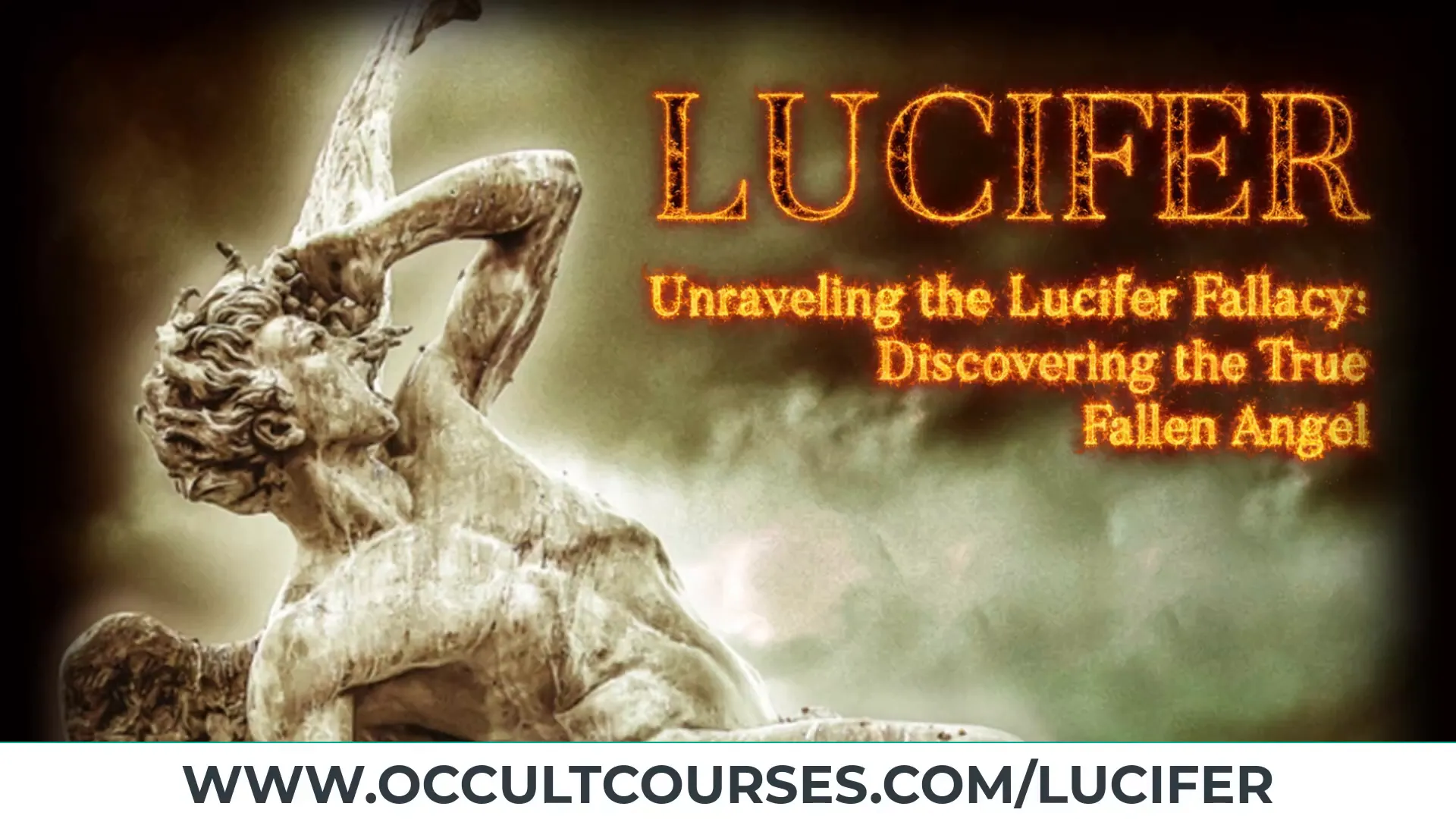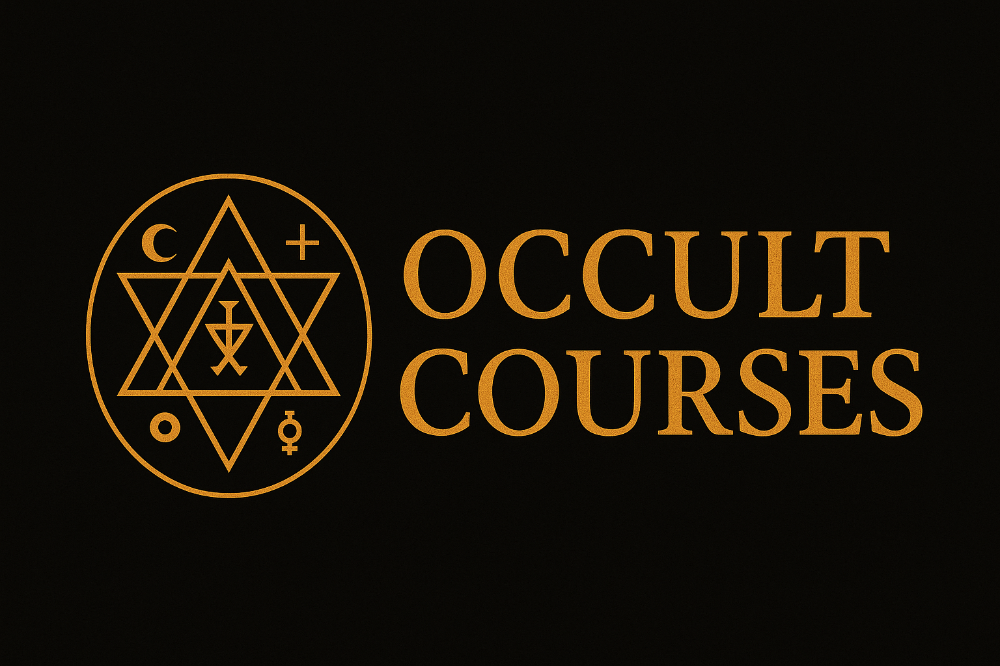Lucifer, a name that has echoed through centuries, carries a multitude of meanings across different cultures and belief systems. In my course titled Lost in Translation: The Lucifer Fallacy and the Identity of the True Fallen Angel, I explore the intricacies surrounding Lucifer. I aim to shed light on the various aspects of the course, its content, and the underlying theories that challenge conventional narratives about Lucifer.
Course Overview
The course, which is now live, is structured into 42 lessons, covering a wide range of topics related to the concept of Lucifer. I emphasize that this is not merely an opinion piece but a well-researched exploration of historical, linguistic, and contextual elements surrounding the figure of Lucifer.
Introduction and Methodology
In the introductory module, I set the tone for the course, detailing the methodology. I explain that understanding the narrative of Lucifer requires a comprehensive approach that considers historical texts in their proper context. This approach aims to debunk myths and clarify misunderstandings that have persisted over time.
Exploring Biblical Translations
One of the core focuses of the course is the examination of various translations of biblical texts. I discuss key translations, including the Septuagint the first "official Greek translation of the Old Testament and Vetus Latina, which are early Latin translations preceding the more commonly known Latin Vulgate. These translations play a crucial role in forming the basis of what I call, the "Lucifer Fallacy," a misunderstanding rooted in linguistic nuances and misinterpretations.
The Fallen Angel Narrative
Before diving into the specifics of the Lucifer narrative, I provide background information on the concept of fallen angels within biblical traditions. This context helps to frame the discussions that will follow in the course, allowing you to grasp the complexities of the topic more fully.
Key Biblical Verses
In subsequent modules, I delve into the specific verses that have contributed to the narrative of Lucifer as a fallen angel. I challenge the traditional readings of these verses, suggesting that they have often been misappropriated within both Christian and occult contexts.
Historical Perspectives and Misinterpretations
I discuss early translations and how they paved the way for misunderstandings about Lucifer's identity. I highlight the work of a Jewish convert who translated texts in a manner that inadvertently opened the door to these misconceptions. This historical perspective is essential for understanding how the figure of Lucifer has evolved over time.
The Name Lucifer: Origins and Interpretations
One of the important aspects of the course is the exploration of how the name "Lucifer" entered the English language. I examine the translation of the Bible that introduced this term and discuss its implications for understanding the character of Lucifer.
Lucifer in Ancient Cultures
I also touche on the concept of Lucifer in ancient Roman and Greek traditions. I discuss how these cultures contributed to the development of the Lucifer narrative, blending different mythologies and beliefs into what we understand today.
The Lucifer and Diana Connection
Another controversial topic addressed in the course is the connection between Lucifer and the Roman goddess Diana. I critique the narrative that suggests they had a child named Aradia, questioning the validity of this concept and its impact on modern interpretations of Lucifer.
Pop Culture and the Concept of Lucifer
I also posit that much of our contemporary understanding of Lucifer is shaped more by pop culture than by biblical texts. I argue that literature from the Renaissance period and beyond has played a significant role in crafting the modern image of Lucifer, often overshadowing the original biblical context.
Paradoxes in the Occult Embrace of Lucifer
In the course, I discuss the paradox of how both occultists and Christians embrace the figure of Lucifer. I raise questions about the implications of this embrace, particularly in relation to the original narratives surrounding the character.
The True Fallen Angel
In the concluding modules, I present an argument for who I believe to be the true fallen angel. I provide references to support my claims, drawing from various theological sources and interpretations.
Evil from the Beginning
The final module addresses the idea that Lucifer was never a favored angel in heaven. I reference biblical texts that suggest the devil was evil from the very beginning, challenging the notion of Lucifer as a once-beloved figure.
My course on the Lucifer Fallacy provides a comprehensive exploration of a figure that has been misunderstood and misrepresented throughout history. By examining biblical translations, historical contexts, and cultural influences, I invite you to reconsider your perceptions of Lucifer and the narratives that surround him.
For those interested in delving deeper into this topic, the course is available at occultcourses.com/lucifer.
I want to emphasize that this journey into understanding Lucifer is not just about challenging beliefs but about enriching your knowledge and perspective on the idea of Lucifer.



